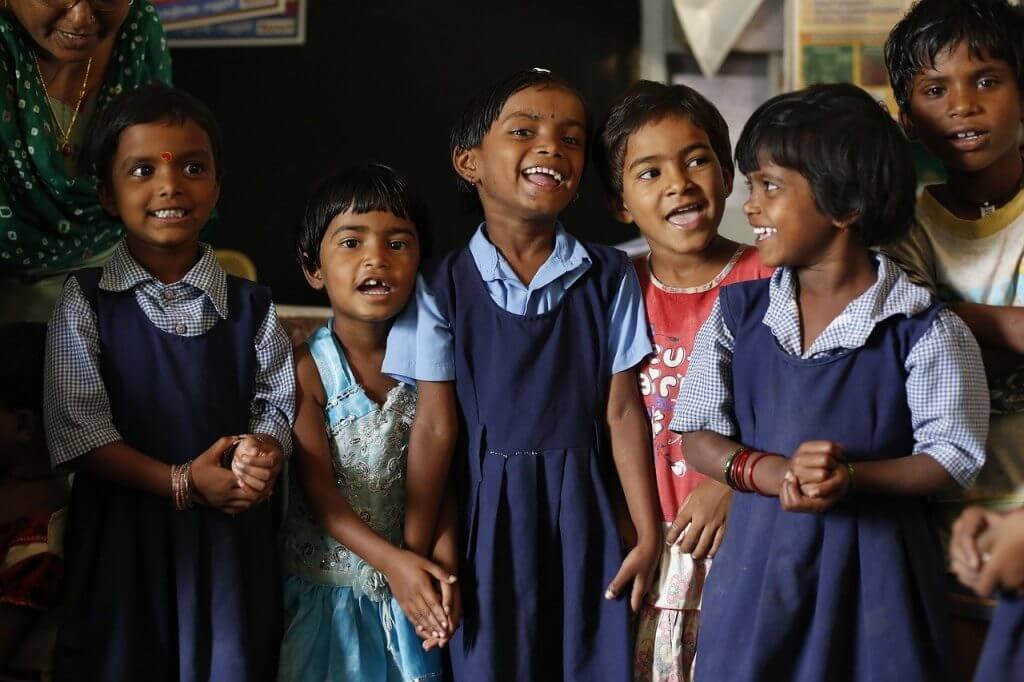
As the number of coronavirus cases keeps rising in the country, the corona scare has also started spreading more acutely. The number of cases each day has crossed the 7000 mark and concerns over medical infrastructure and community spreading have been giving officials sleepless nights. Many states have started easing the rules and regulations of lockdown yet others are still struggling hard to battle the situation and keep the numbers as low as possible.
Amidst the corona scare, the world of education will be revolutionized in ways that we might have never thought about. But, before that, all educational institutions in the country have been instructed to close down until further notice. Schools, colleges, and higher education institutes might become the breeding grounds for coronavirus cases as social distancing norms cannot be followed, putting everyone at risk.
Hence, students of all ages have been sitting at home for more than past two months with no clarity on when they can go ‘back to school’ once again. Not only students, but teachers and many other related to the world of education do not have a clue as to when they can get back to the classroom setup.
Recently, the Jawaharlal Nehru University (JNU), New Delhi has decided to vacate the hostels. The authorities had intimated the students to leave the accommodation last week. The decision was taken after the Delhi Chief Minister, Arvind Kejriwal directed all government and autonomous bodies and public sector units to separate essential and non-essential services and put a halt to non-essentials ones for the time being. In light of this notice, JNU will remain closed till March 31 till further notice.
Along with hostels and administrative services, examinations, evaluations, and presentations have also been postponed until March 31. The mess facility has also been suspended and students need to vacate their hostel rooms. The authorities have strictly advised stranded students in the hostels to return to their native places. Extensions will also be given to scholars for thesis submission. As per latest development, students have been asked to return to the campus on or after 25th June as all academic activities will be at a standstill till then.
For international students who were not able to leave for their home country and are stranded here, essential arrangements have been done by the inter-hall administration. Hopefully, things will ease out over a period of time and one of the largest and most prestigious universities of the country will be able to resume operations soon. The Government is yet to give an exact date for reopening schools and educational institutions because the safety comes first. They are many speculations floating over the news, but we are yet to a clear directive from the authorities.
As per directives, institutions, teachers, and students are gearing up for the whole new world of online teaching, but there is still a lot of speculations and apprehensions about the whole system. Some teachers have protested about their privacy issues during online classes in case they are under constant monitoring and scrutiny by parents. Also, there is a concern about how poor students will be able to afford to online classes and courses. As per the latest developments, 22 government schools in Malleswaram, Karnataka will go high tech which is a positive development. But, will other regional and low-budget schools are able to equip themselves and students with online classes? How will education norms change for them? Who will support them financially and in terms of infrastructure?
Amidst all these roaring questions, the education ecosystem henceforth will definitely change in many ways, and hopefully, we also hope to gradually get back to our old system. But, we should be open to adopt and adapt to new ways as well and enable ourselves for a change.
Will education take a step back or a step forward is the question?




![The Top & Most Popular Seafood Bucket Restaurants in Dubai for you [Never Miss]](https://uae24x7.com/wp-content/uploads/2020/09/8-seafood-in-a-bucket-scaled-e1600739237403.jpg)
![Procedures for Renewing the Driving License in Abu Dhabi [3 Simple Steps]](https://uae24x7.com/wp-content/uploads/2020/07/Capture-9-e1595666454466.jpg)




